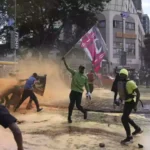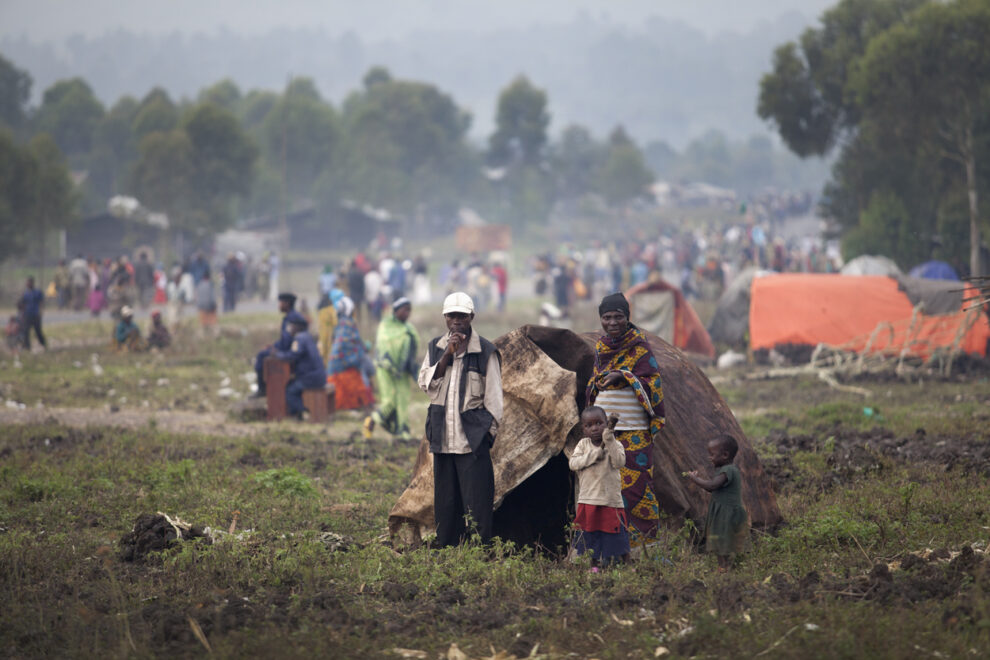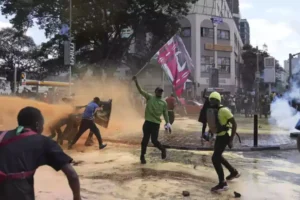Early this week, the International Organization for Migration announced that nearly seven million people have been displaced by conflict in the Democratic Republic of Congo, the vast majority of them from the country’s troubled eastern provinces. The staggering figures provide yet another data point in support of the Congolese government’s contention that international efforts to address the crisis have failed.
The United Nations has had a peacekeeping force on the ground for decades that the Congolese government wants to begin withdrawing before the year is out, citing its failure “to cope with the rebellions and armed conflicts.” Similarly, Congolese officials have called for the withdrawal of the East African Community force intended to buy time for diplomacy to resolve the conflict between the DRC’s armed forces and the Rwanda-backed M23, because it has not had the desired effect.
The Congolese government led by President Felix Tshisekedi, who is seeking re-election in polls slated for December, is saddled with contradictory messages: the security situation as his first term winds down is a shameful disaster, and he deserves the support of Congolese voters. Attempting to align himself with a frustrated population by laying all blame at the feet of external actors does not point the way toward any credible path to improving security in the east. Nor does withdrawal of ineffective peacekeepers equate to improved security. While the evidence of Rwanda’s role in backing the M23 is clear, and the government in Kigali should be held accountable for its actions, the M23 is far from the only armed group wreaking havoc in eastern DRC.
The Alliance of Democratic Forces (ADF) and Cooperative for the Development of Congo (CODECO) are among the more prominent, and deadly, of the many armed groups operating in the region. The government in Kinshasa imposed a state of emergency in eastern Congo for over two years, ostensibly to address the security situation–to little positive effect. Security forces have shot at unarmed protestors and too often has been predatory in their own right.
Nonetheless, it is clearly true that the complexity and longevity of the DRC’s suffering has numbed consciences around the world. The fact that parts of the DRC have been tumultuous for decades does not make displacement and violence any less devastating for Congolese civilians. It is particularly important to remember this now, as horrific events in Israel and Gaza and the ongoing conflict in Ukraine have triggered an all-too-familiar dynamic in foreign policy, wherein major African security and humanitarian crises receive inadequate attention as other issues shoot to the top of major powers’ priority lists.
Source : CFR
















